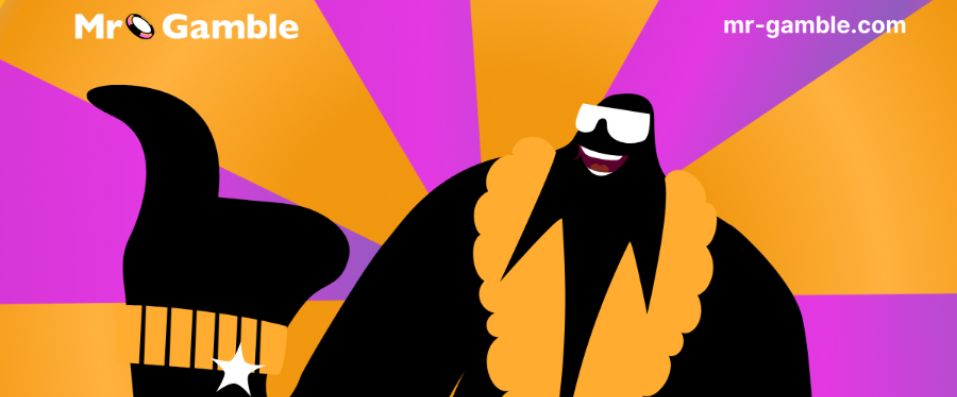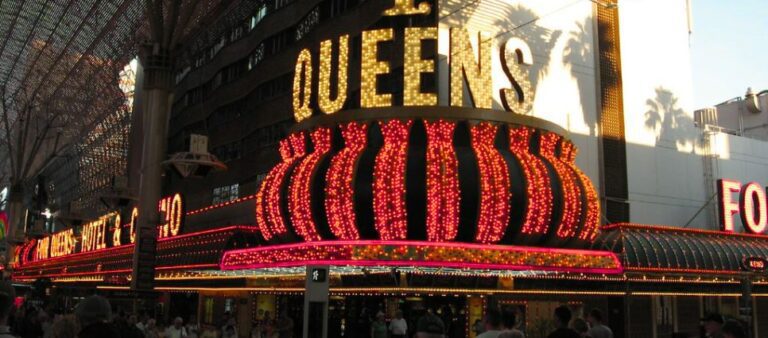As online gambling becomes increasingly global, players are no longer limited to online casino sites licensed in their home country. Many now explore international platforms offering broader game selections, competitive bonuses, and multi-currency support. However, choosing a safe casino outside your region requires careful consideration, especially when it comes to licensing and regulation.
At the heart of this global trust network stands the Malta Gaming Authority (MGA), one of the world’s most respected licensing bodies. Known for its strict standards and player-first approach, the MGA sets the benchmark for transparency, security, and fair play across international casinos.
Why Regulation Matters in Online Gambling
The world of online casinos has stretched far beyond borders. Different laws, currencies, and even ideas about fairness meet in this digital space and honestly, without some kind of structure, it could get messy fast. That’s where regulation steps in. It’s not just paperwork or legal fluff; it’s the backbone that keeps things transparent and, well, mostly fair for players.
A reliable regulator does more than sign off on licenses. It watches closely making sure casinos stick to clear rules, both ethical and technical. When you play at a properly licensed site, you can usually expect things like:
- Secure payments handled by verified banking partners
- Independent audits that confirm games really are fair and that RTPs (return-to-player rates) aren’t just made up
- Tools for responsible gambling stuff like deposit limits or self-exclusion options
- Actual dispute channels when something goes sideways
Without that oversight? It’s a bit of a gamble within a gamble. Players might face long withdrawal delays, shady terms, or worse, flat-out scams.
“Regulation is the foundation of trust in online gambling,” says Paavo Salonen, co-founder of Mr. Gamble. “Before you deposit money, always check who’s behind the license. It’s not just about the bonuses or the game, s it’s about playing in a safe and compliant environment.”
Understanding the Role of the Malta Gaming Authority (MGA)
Back in 2001, Malta decided to take online gaming seriously, really seriously. The Malta Gaming Authority casinos (MGA) was born, and over time, it’s become one of the most recognized names in the business. It oversees hundreds of casinos that cater to international players, but it doesn’t just hand out licenses and walk away. Operators have to prove financial stability, enforce responsible gambling policies, and hold player funds in separate accounts so that your money stays your money.
There’s also a tech angle. The MGA insists that games use certified software and that everything from slots to roulette runs on properly tested random number generators (RNGs). It’s the difference between chance and manipulation.
| Regulator | Main Jurisdiction | Key Strength | Player Protections |
| Malta Gaming Authority | Europe, International | Strict compliance checks and transparency | Segregated funds, RNG audits, and responsible gaming tools. |
| UK Gambling Commission | Strictly, the United Kingdom only | Highly regulated local market | Dispute mediation and player fund protection |
| Curacao eGaming | Global (Offshore) | Broad accessibility | Basic oversight and limited player protection |
| Gibraltar Regulatory Authority | Europe | Strong corporate vetting | Player fund safeguarding and fair play audits. |
So, when people lean toward MGA-licensed casinos, it’s not just habit. It’s a kind of quiet assurance that someone’s keeping watch.
How to Check If an Online Casino Is Legitimate
It’s surprisingly easy to check a casino’s legitimacy, yet so many skip it. Here’s what to do before you sign up or deposit a cent:
- Scroll to the bottom of the site. You’ll usually see the regulator’s logo and license number there.
- Click the logo. If it’s MGA, it should take you to their official license registry.
- Cross-check the info, make sure the license number and company name line up with what’s listed on the MGA’s site.
- Look up what players are saying in trusted forums. It’s not scientific, but firsthand experience often tells you more than glossy ads ever will.
“A trustworthy casino will always make its licensing details visible,” says Paul Puolakka, Casino Expert at Mr. Gamble. “If that information is missing or hidden, that’s an immediate red flag. Transparency is non-negotiable.”
Warning Signs to Watch For
Not every site plays fair. Some wave around fake licenses or operate under vague offshore jurisdictions that barely check what their licensees are doing. You might want to pause if you notice:
- No visible license, or the information seems sketchy
- Bonuses that sound too good to be true and are
- Withdrawals that drag on for weeks
- No responsible gambling tools like limits or time-outs
- Consistent negative feedback from actual players
A real casino doesn’t hide this stuff. You’ll find their license easily, and they’ll offer clear contact details, support channels, and transparent terms. If you have to dig, something’s probably off.
Why Responsible Gambling Oversight Matters
Here’s where the MGA stands out it doesn’t just regulate for legality, it regulates for people. Its rules around responsible gambling are strict, sometimes to the point of frustration for operators. But that’s kind of the point.
Every MGA-licensed casino is expected to:
- Offer tools for self-exclusion and deposit limits
- Link to organizations like GamCare and Gambling Therapy
- Train their staff to recognize harmful behavior.
- Keep advertising honest and bonuses clearly explained.
When a player activates self-exclusion, the casino must actually enforce it. If they don’t, they risk losing their license altogether. These kinds of policies don’t solve every problem, but they make the space a little safer, a reminder that regulation is supposed to protect, not just control.
Playing Safely Across Borders
If you’re jumping between international casinos, tread carefully. First, check whether your country even allows online gambling, laws can differ wildly. Then make sure your payment method works with that region. Cards like Visa or Mastercard, or established e-wallets, are still the most dependable. Crypto-only sites that skip regulation? Probably best avoided.
MGA-licensed casinos also have to follow the EU’s anti-money-laundering (AML) and know-your-customer (KYC) standards, plus GDPR data-protection rules. It’s not flashy, but it’s what keeps your info safe and your transactions legitimate.
If you’re curious about broader European standards, the European Gaming and Betting Association (EGBA) publishes a good overview of what responsible regulation looks like in practice.
How the MGA Handles Player Disputes
One of the real perks of choosing an MGA-licensed casino is what happens when things go wrong. The regulator actually listens. If you’re having problems with withdrawals, bonuses, or account access, the MGA can step in, and they’re known for being fair, not fast-talking.
Typically, it goes like this:
- You start by contacting the casino’s customer support.
- If nothing gets resolved, you file a formal complaint with the MGA.
- They review everything in your case, the operator’s logs, and the lot.
- If the casino’s at fault, the MGA can fine them or even pull the license entirely.
This kind of accountability isn’t something you’ll get from a no-name offshore site. There’s a real sense that someone, somewhere, is actually keeping the system honest.
Final Thoughts
In the end, picking a licensed casino, especially one under the MGA’s watch, isn’t about being overly cautious. It’s about peace of mind. Regulation may sound boring, sure, but it’s what turns online gambling from a chaotic free-for-all into something players can actually trust.
And while no system is perfect, it’s better to play where fairness isn’t just promised, it’s enforced even if quietly, behind the scenes.










